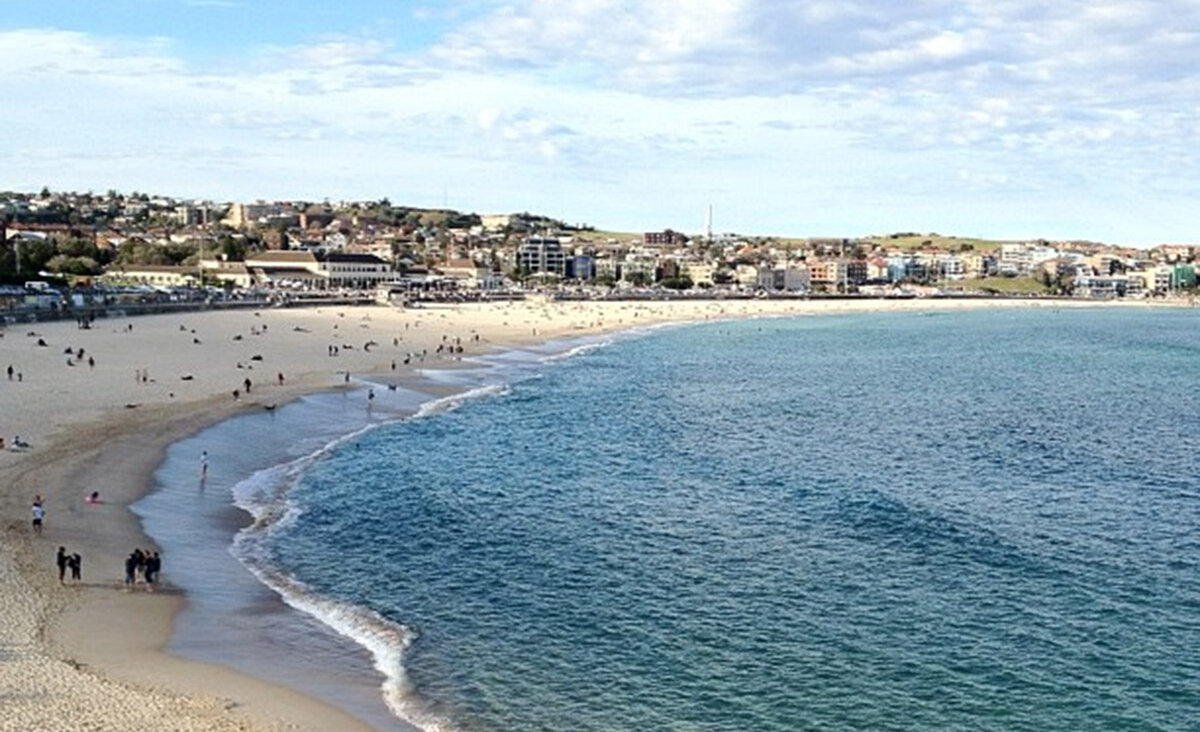Debate makes it clear: Trump has zero good ideas about Gaza and Israel
Trump offered up no policies, and a heavy dose of fatalism, in response to a straightforward question about the Israel-Hamas war

People watch the debate in September between Democratic presidential nominee, Vice President Kamala Harris, and Republican presidential nominee, former President Donald Trump. Photo by Mario Tama/Getty Images
Why did former President Donald Trump make the outrageous claim, in Tuesday night’s debate, that Vice President Kamala Harris hates Arabs?
After the moderator asked both candidates how they would break the impasse in ceasefire negotiations between Israel and Hamas, Harris answered first, emphasizing that Hamas was the initial aggressor, recounting the horror of the Oct. 7 Hamas attack and asserting Israel’s right to defend itself. The answer, she continued, is to keep working toward a ceasefire deal that frees the hostages, eventually reaching a solution that gives the Israelis security and the Palestinians self-determination via a two state solution. She cribbed the careful formulation from her Democratic National Convention address — and President Joe Biden’s plan. But if it ain’t broke … you know the rest.
Former President Donald Trump, on the other hand, didn’t answer the moderator’s very precise question. Instead, he accused Harris of hating Israel, and prophesied that two years into a Harris presidency, Israel will no longer exist. He threw in, for good measure, the baseless claim that Harris also hates Arabs.
If you were looking for a serious discussion on America’s policy on a war that has exacted such a huge toll, you came to the wrong debate. What you got instead was a telling look at Trump’s fears heading into this final stretch of the campaign — about the support he needs to win an essential swing state, and the obstacles he faces in doing so.
Which raises the question: Why didn’t Trump take the opportunity to score points with his pro-Israel supporters?
Trump had an easy route forward. He could have come to the defense of Israel’s conduct in the war. He could have questioned Harris’s assertion that more than 40,000 Palestinians have been killed in the war, numbers supplied by the Hamas-run Ministry of Health that many in the pro-Israel camp dispute. (That argument is misguided — the Israel intelligence services also use the Hamas-provided numbers — but can still be effective.)
He could have boasted of the actions he took in support of Israel while in office: moving the U.S. embassy to Jerusalem, signing the Abraham Accords, pulling the U.S. out of the Iran nuclear deal, defending Israel’s settlement policies in the occupied West Bank.
These are positions and policies adored by most of Trump’s Jewish supporters — as last week’s gathering of the Republican Jewish Coalition made clear — not to mention his single largest donor, Dr. Miriam Adelson. Trump, who rarely misses an opportunity to proclaim his achievements, blew past a clear one.
Why? One answer is Michigan.
Trump watchers have long said that the former president is at core still a real estate salesman who will say what he needs to say to win the room and close the deal. In this case, the deal he needs to close is Michigan.
There are 105,000 Jews in Michigan, an absolutely crucial swing state, and two-thirds of the state’s Jewish electorate usually votes Democrat. The latest national poll of Jews shows 72% of them lean toward Harris, which means Jews are unlikely to swing Michigan to Trump.
But the state, which President Joe Biden won in 2020 by 154,000 votes, has also has 200,000 registered voters who are Muslim. They are largely unhappy with Biden’s support for Israel. Their vote may be in play.
That explains Trump’s reluctance to hammer home his pro-Israel message — and one of the most bizarre statements of the night, Trump’s baseless claim that Harris “ hates the Arab population.”
Trump didn’t need to worry about losing American Jews. He needed to win over American Muslims and Arabs. He’s selling: Will they buy it?
It would take a willful disregard of Trump’s actual policy record and public statements.
When he was president, Trump rejected Palestinian input into his Middle East peace plan, which cut off the possibility of a Palestinian state. He kept the Palestinians out of the Abraham Accords as well, assuming that all Israel had to do was make trade deals with Dubai and everything would be fine. (Spoiler alert: It didn’t work out that way.) When he opened the U.S. embassy in Jerusalem, he closed the U.S. mission to Palestine there.
The man who accused Harris of hating Arabs passed, in 2017, an immigration policy that his aides proudly called a “Muslim ban,” prohibiting entry into the U.S. from six Muslim majority countries.
Under Trump, Islamophobia (as well as antisemitism) increased. Several studies tie the rise in hate crimes to Trump’s rhetoric.
“He was never seen mentioning the contributions of Muslims toward the betterment and improvement of the United States,” wrote the authors of one study. “He always used language to paint them as terrorists, religious extremists, and called them anti-democratic bodies hurting America.”
Or, as Trump told Anderson Cooper on CNN in 2016, “I think Islam hates us.”
You heard none of that from Debate Trump, who was dead set on appealing to Michigan’s Muslim voters. But it’s not because he had a change of heart. His former ambassador to Israel, David Friedman, recently suggested that Trump will redirect U.S. aid earmarked to help Palestinians to instead help fund Israel’s annexation of the West Bank. Campaigning in Iowa last summer, Trump said he would bring the Muslim travel ban back, but “even bigger.”
A Jewish journalism outlet may not be the usual place to review Trump’s record for Arab American voters. But what a second Trump administration would be for Palestinians and Arab Americans is connected to what it means for the future of Israeli democracy and American Jews.
A United States that enables Israel to swallow the West Bank while denying its Palestinian residents equal rights will doom the Jewish state to an apartheid future. An administration that engages in hateful rhetoric and faith-based immigration bans makes our own country less safe for all minorities.
That’s the reality behind Trump’s sales pitch and his groundless Harris-hates-Arabs closer.
The question is, will Michigan’s Arab American voters buy it?
















